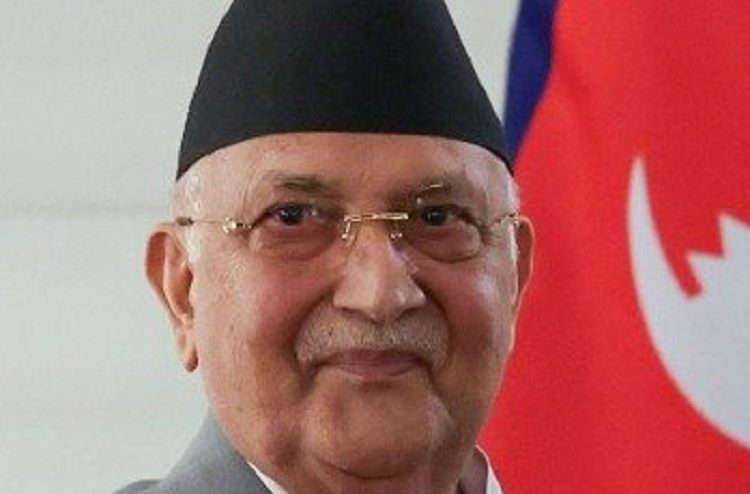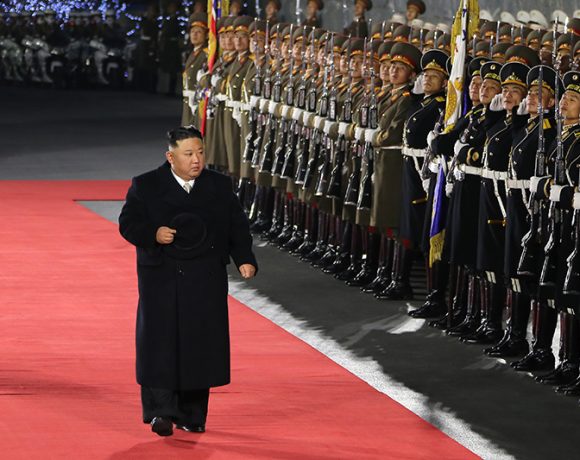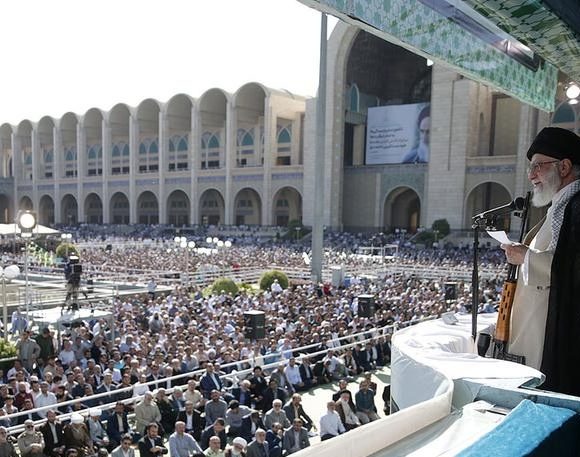
Nepal Advances Belt and Road Cooperation with China
Nepal has formalized a framework agreement with China under the Belt and Road Initiative (BRI), paving the way for collaborative infrastructure projects after years of stalled progress.
The announcement was made during Nepalese Prime Minister KP Sharma Oli’s four-day visit to Beijing, marking his first foreign trip since assuming office in July.
Strengthening Nepal-China Infrastructure Ties
The agreement builds on a 2017 memorandum of understanding signed between the two nations to align Nepal with Chinese President Xi Jinping’s ambitious Belt and Road Initiative. The BRI aims to enhance China’s trade and infrastructure links globally. Despite the initial deal, no projects materialized over the past seven years due to the absence of a formal cooperation framework and political disagreements within Nepal.
The signing of the framework agreement signals a renewed commitment to explore potential projects, which may include transportation corridors, road upgrades, and other infrastructure developments. Details regarding specific projects and their financing will be finalized in subsequent discussions.
Debate Over Debt-Financed Projects
The prospect of financing Belt and Road projects through loans has sparked debate within Nepal’s political landscape. While Prime Minister Oli has championed closer economic ties with China, the Nepali Congress Party—an influential coalition member—has voiced concerns over potential debt risks. Critics argue that loan-based projects could strain Nepal’s financial stability, an issue that has been raised in other countries participating in the BRI.
Existing BRI Projects in Nepal
China’s involvement in Nepal’s infrastructure development is already evident in the $216 million Chinese loan that funded the Pokhara International Airport. Touted as a Belt and Road success story, the airport began operations last year but has faced challenges, including limited international flights due to India’s restrictions on airspace access.
A Shift in Nepal’s Foreign Policy Approach
Notably, Oli’s decision to make Beijing his first foreign destination, rather than New Delhi, signals a shift in Nepal’s traditional foreign policy, which has historically prioritized ties with India. The move underscores Nepal’s growing interest in diversifying its international partnerships and tapping into China’s economic initiatives.
This new framework agreement is expected to accelerate the implementation of Belt and Road projects in Nepal, potentially transforming its infrastructure landscape while raising questions about debt sustainability and regional dynamics.


















